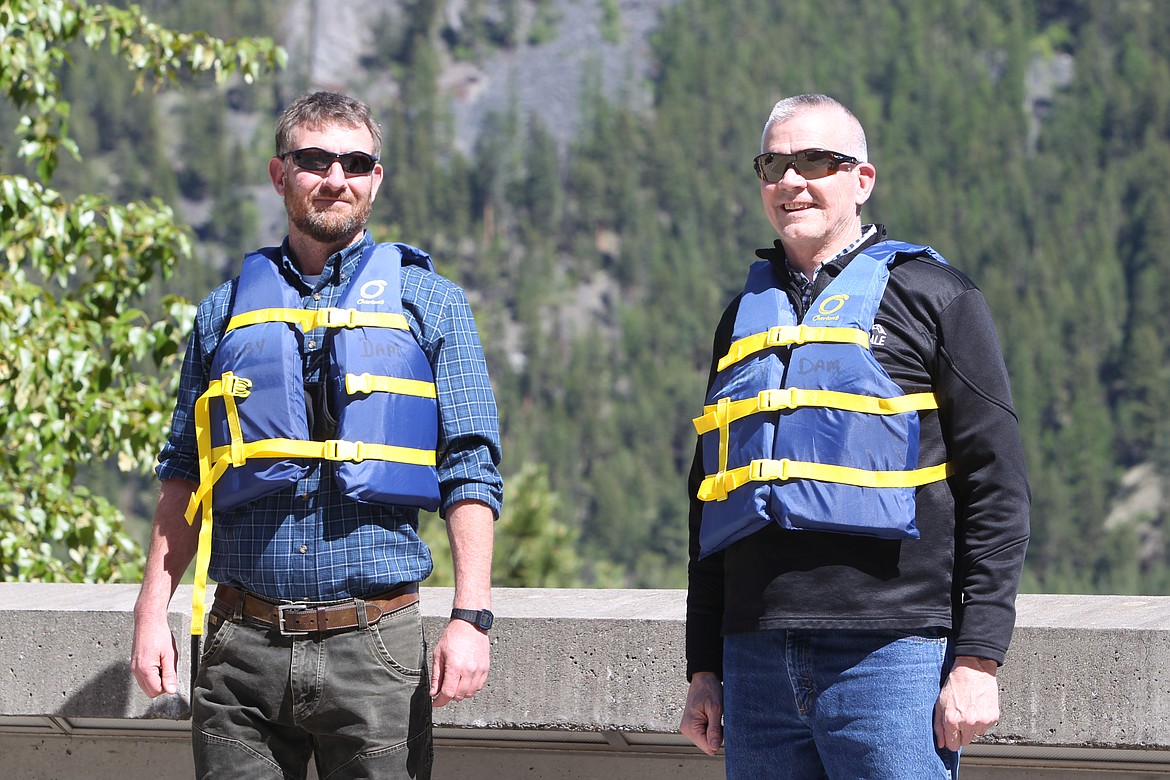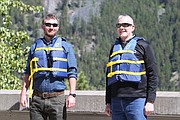Rosendale underscores opposition to earmarks during tour of Libby Dam
Montana’s sole representative to the U.S. House toured the Libby Dam during a visit to Lincoln County last weekend...
Become a Subscriber!
You have read all of your free articles this month. Select a plan below to start your subscription today.
Already a subscriber? Login





